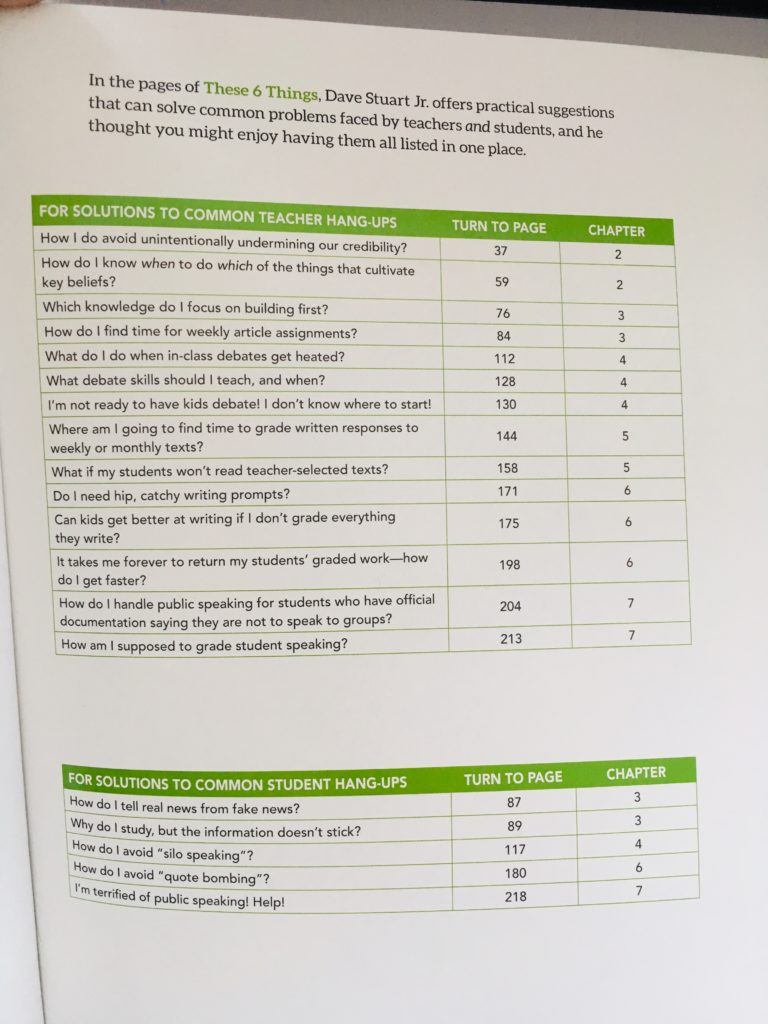With midterm elections upon the United States and Americans demonstrating a penchant for argumentation heavy on earnestness and light on amicability, I thought this might be a helpful bit to share.
Sometimes teachers write in with questions like this: “Okay, I'm doing pop-up debates, but sometimes they get really intense. What do I do?”
Before I approach this question, let me just admit that I typically avoid debate prompts that could lend themselves to emotional arguing. Basically, this is because I want students to push themselves during my debates as thinkers, and I don’t want to place undue obstacles in their way to arguing in the collaborative, resolution-oriented spirit that I want them arguing. If you come watch one of our pop-up debates, don’t expect a showdown about whether abortion should be legal or whether creationism should be taught in public schools or whether Donald Trump is fit to preside over the most powerful nation in the history of the world. The day's heated issues may deserve a place in school, but they also take more time than I usually have for non-curricular debate topics. I don't have a time machine, so I need to pick.
In short, I’ve not found debates on hot button issues to be super efficient learning experiences.
With that said, I do occasionally provide students with a chance to practice the restraint that hot button issues require. For example, in the month leading up to the 2016 U.S. presidential election, my students were given the chance to argue about which of the handful of candidates we had read about in a series of articles was the best candidate for president. Prior to this debate, I was careful to model the measured tones I expected them to use, and I firmly and clearly set the ground rule that we would be discussing and engaging with the candidates’ ideas and actions, not with blatant attacks on their persons or name-calling. My students did a great job. This is largely due, I think, to the preceding weeks in which I sought to build an earnest and amicable argumentative culture in our classroom.
Still, even the blandest debates can get emotionally charged at times. When I begin to sense this, I immediately interrupt the debate, reminding students of how we engage with ideas, not with people, and that great debates consist of contributions from community members, not attacks on individuals.
In every case, I've found this to suffice. If you've got a tough case for me from your own setting, just leave me a note in the comments.
Note from Dave: This blog article is an excerpt from my bestselling book, These 6 Things. The book treats nearly twenty different hang-ups throughout its chapters, and all of them can be conveniently referenced from the inside back cover.

Leave a Reply